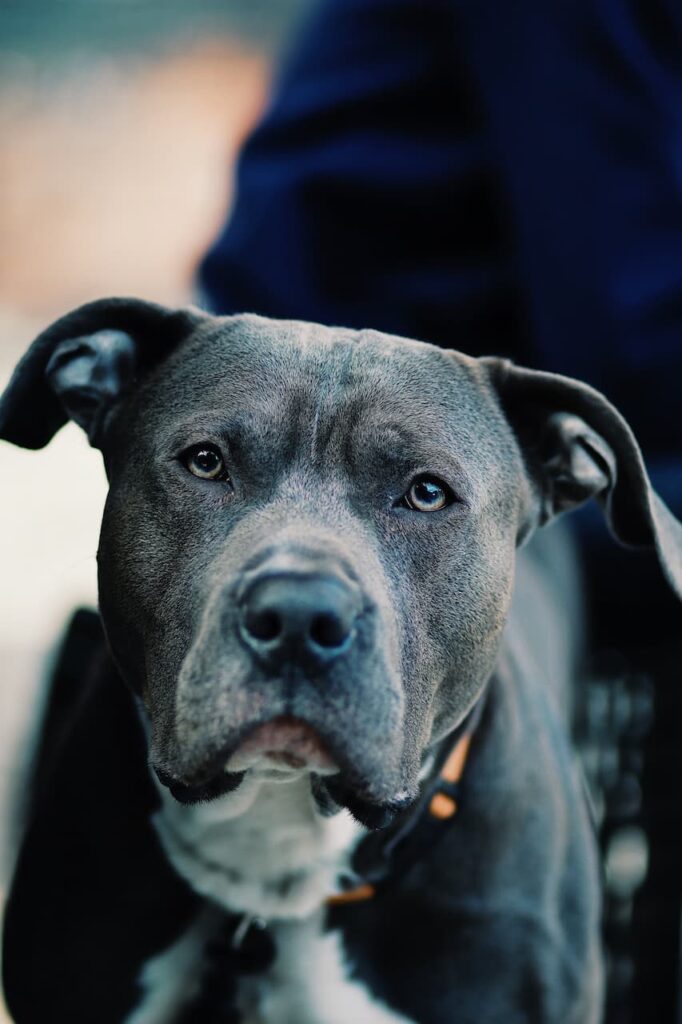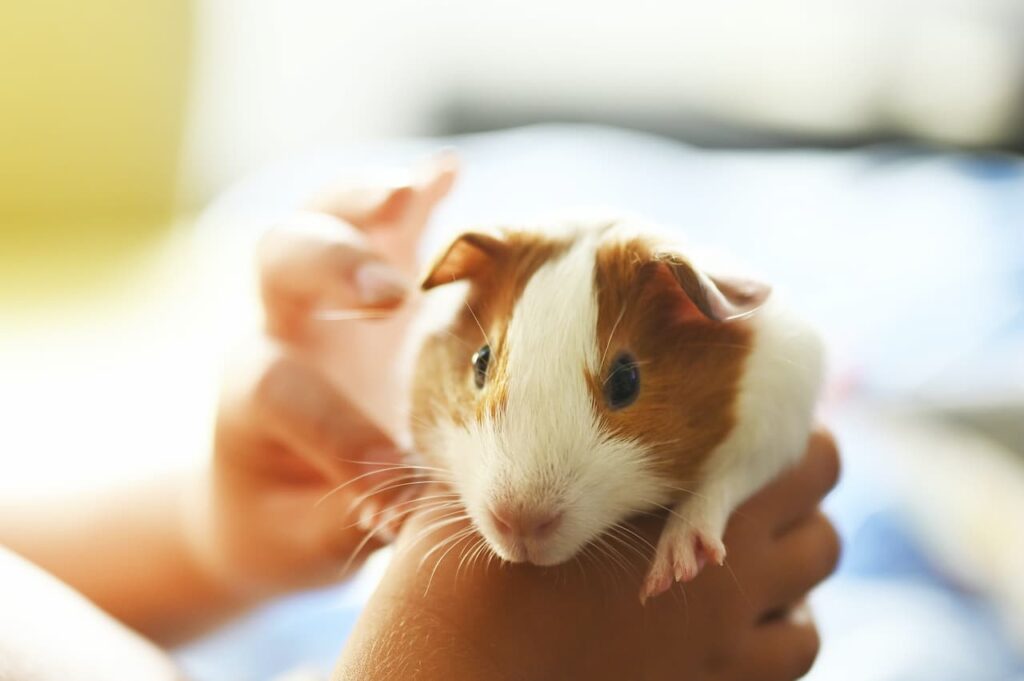Can Guinea Pigs Eat Cranberries Safely?
In the realm of responsible guinea pig care, dietary considerations play a pivotal role in ensuring their health and well-being. As herbivores with unique nutritional needs, guinea pigs thrive on a diet rich in fibre, vitamins, and minerals. When it comes to introducing new foods to their diet, questions often arise about the safety and suitability of various fruits and vegetables. One such fruit that garners attention is the tart and tangy cranberry. But can guinea pigs eat cranberries? Let’s explore the nutritional content of cranberries, potential health benefits, risks associated with their consumption, and guidelines for incorporating them into a guinea pig’s diet responsibly.
Cranberries, with their vibrant red hue and distinctive tart flavour, are renowned for their potential health benefits and culinary versatility. Rich in vitamins, minerals, and antioxidants, cranberries offer an array of nutrients that can support overall health. They are particularly valued for their high content of vitamin C, a crucial nutrient for guinea pigs, as they are unable to synthesize it internally and must obtain it through their diet to prevent deficiencies and related health issues.
Table of Contents
Toggle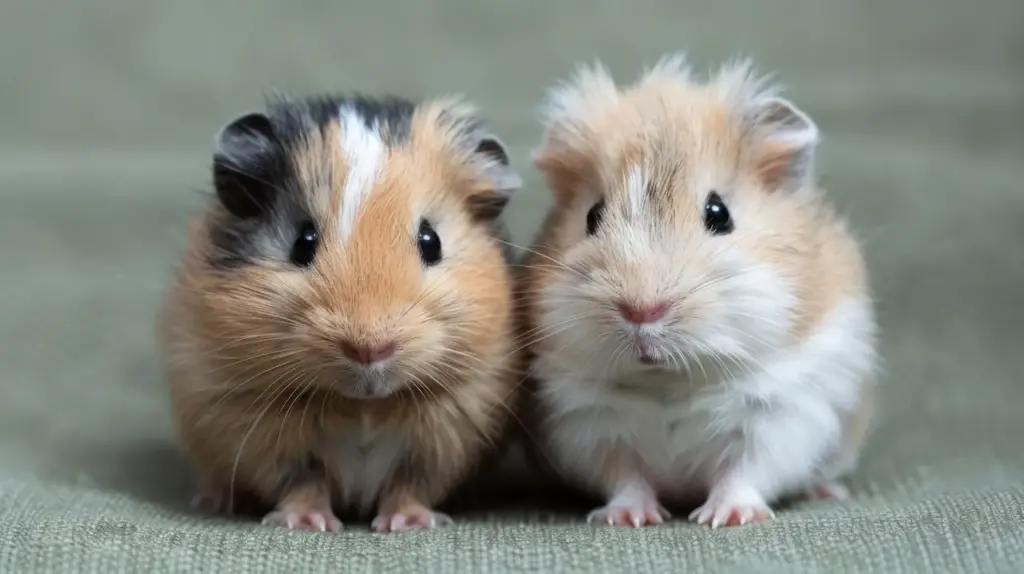
Additionally, cranberries contain fibre, which is essential for maintaining healthy digestion in guinea pigs. Fibre promotes gastrointestinal motility, prevents constipation, and supports the growth of beneficial gut bacteria—a key factor in overall digestive health. By incorporating fibre-rich foods like cranberries into their diet, guinea pigs can enjoy improved digestive function and overall well-being.
Moreover, cranberries are known for their antioxidant properties, which can help protect cells from damage caused by harmful free radicals. Antioxidants play a vital role in supporting the immune system and reducing inflammation, contributing to overall health and resilience against illness. For guinea pigs, whose immune systems can be susceptible to stress and environmental factors, the antioxidant benefits of cranberries may provide an added layer of protection.
Despite their nutritional benefits, there are some considerations to keep in mind when feeding cranberries to guinea pigs. One concern is the high natural sugar content of cranberries, which can be problematic for guinea pigs if consumed in excess. Guinea pigs are prone to dental issues, obesity, and digestive problems, so it’s essential to monitor their intake of sugary foods like cranberries and offer them sparingly as a treat rather than a staple food item.
Additionally, some guinea pigs may find the tartness of cranberries off-putting, leading to decreased consumption or rejection of the fruit altogether. If your guinea pig shows little interest in cranberries, it’s essential not to force them to eat them, as this could lead to stress and aversion to other foods.
Furthermore, while cranberries are generally safe for guinea pigs to consume in small quantities, it’s crucial to avoid offering them cranberry products that contain added sugars, preservatives, or other potentially harmful ingredients. Stick to fresh, whole cranberries whenever possible, and avoid dried cranberries or cranberry juice cocktails, which may be high in sugar and lacking in nutritional value.
Another consideration when feeding cranberries to guinea pigs is the potential for urinary issues. Cranberries are often touted for their ability to prevent urinary tract infections (UTIs) in humans due to their high content of compounds called proanthocyanidins, which can inhibit the adherence of bacteria to the urinary tract lining. While the same benefits may apply to guinea pigs in theory, there is limited research on the effectiveness of cranberries in preventing UTIs in these animals.
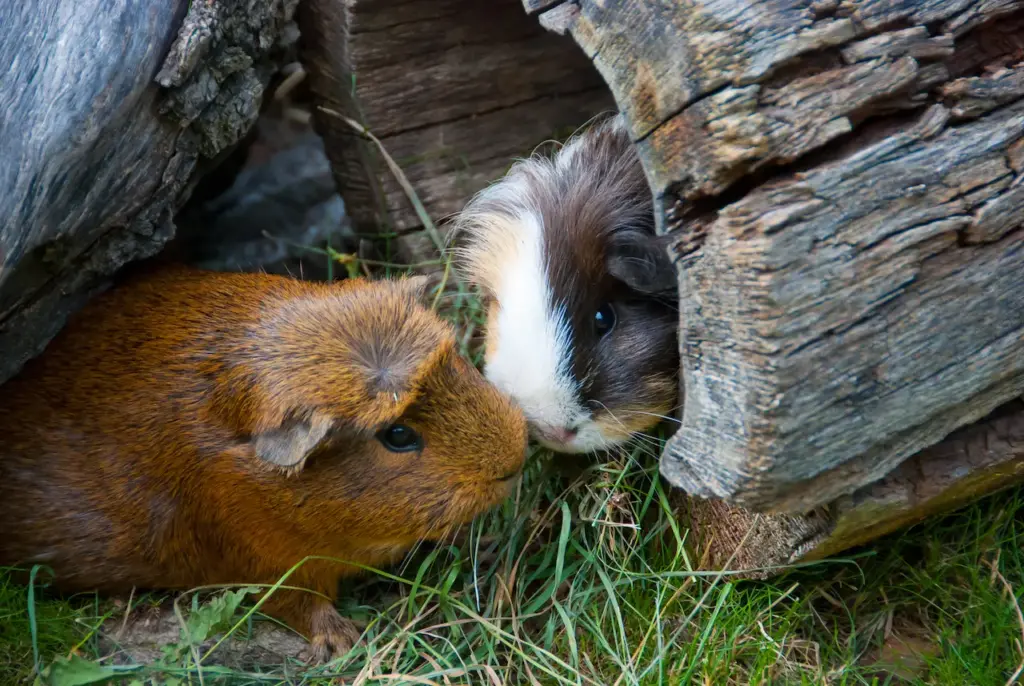
In summary, cranberries can be a nutritious and enjoyable treat for guinea pigs when offered in moderation and with appropriate precautions. Their high vitamin C content, fibre, and antioxidant properties can support overall health and well-being in guinea pigs. However, it’s essential to be mindful of their sugar content, monitor for any adverse reactions, and avoid offering cranberry products with added sugars or preservatives. By incorporating cranberries responsibly into their diet, you can provide your guinea pig with a flavorful and enriching treat while promoting their health and vitality for years to come.
You’ll be pleased to learn that your Guinea Pig is able to eat cranberries. The fruit can be bitter and not everyone will enjoy it. If your little piggy likes the taste of cranberries, you can give them a small amount. Let’s see what cranberries have to offer, and how they should be served.
Can Cranberries be eaten by Guinea Pigs?
It is safe to feed your Guinea Pig cranberries, but they must be consumed in moderation. They should only be given as a treat occasionally. Overeating may lead to health issues like obesity, and an unbalanced diet. The sugar, water and carbohydrates in cranberries can also cause digestive issues for your Guinea Pig. These include stomach pain, diarrhea, indigestion or constipation.
The high oxalate content in cranberries can also contribute to the formation of kidney stones. Avoid feeding other sweet fruits and vegetables to your Guinea Pig along with cranberries. Fresh fruit is best served as a special treat since preserved fruits tend to have added sugar.
How to serve Cranberries to your Guinea Pig
Once or twice a month, give your Guinea Pig a couple of cranberries. Be sure to wash them well. The seeds are also edible, as they are easy to digest contain omega 3 and 6 and are soft.
Avoid the bitter leaves and stems, as they can be harmful to their health and taste bad. Guinea pigs should also avoid dried cranberries because they are high in sugar and calories.
If you want to give your Guinea Pig cranberries, it is best to use fresh fruit. Avoid jars and cranberry sauce as they contain ingredients that can upset their stomachs.
A Healthy Guinea Pig Diet
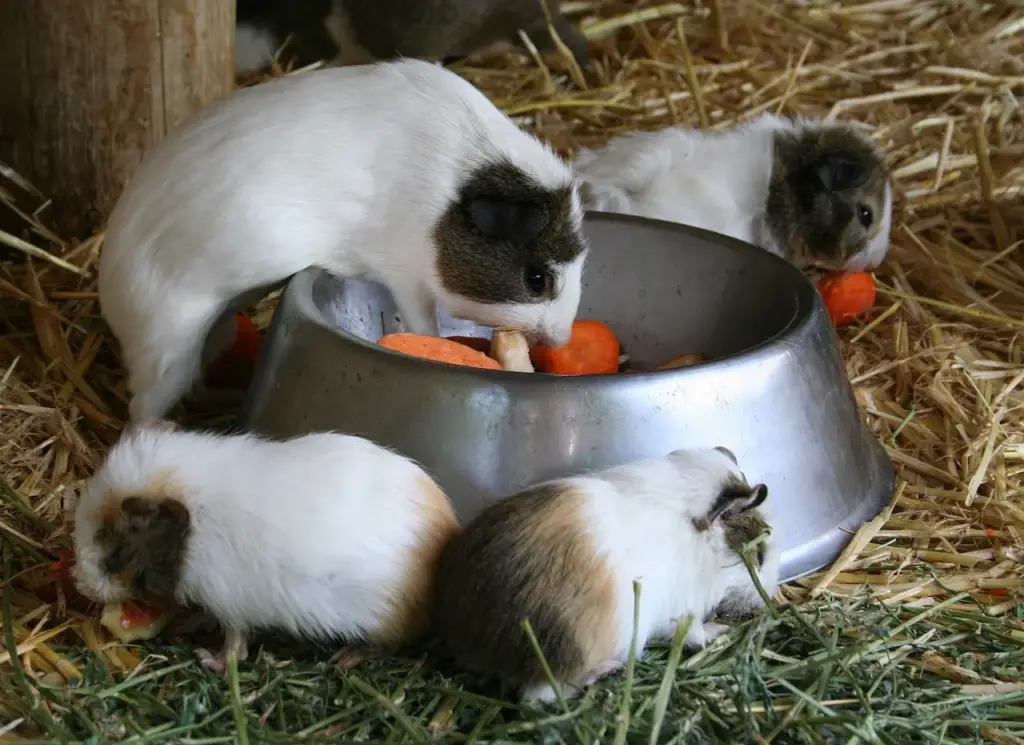
It is important to feed your Guinea Pig a healthy diet. Hay will make up 85% of their diet, which provides them with the nutrients they need to keep their digestive system functioning properly.
Spinach, carrots and broccoli are excellent choices. They can have a daily cup of mixed greens with veggies and vegetables high in vitamin C. To remove bacteria or pesticides, wash them thoroughly before giving them to your Guinea Pig.
Guinea Pigs also need to drink clean, fresh water at all times and eat a tablespoon worth of pellets every day. They can also eat fruits as a special treat. Contact your veterinarian if you have questions about what and how much to feed your Guinea Pig.
Cranberries have many health benefits
The small berries are packed with benefits.
- Vitamin C Guinea Pigs need vitamin C every day since they can’t produce it. Vitamin C-rich foods can prevent hypovitaminosis C or scurvy. They also promote wound healing and boost the immune system.
- Managing urinary tract infections: The evidence is mixed on the use and effects of cranberries or cranberry extract in treating human urinary disease. It has been proven that cranberries can help prevent E.coli from adhering to the walls of the urinary bladder, preventing UTIs. The benefits may help your Guinea Pig, but you should weigh them against the potential risk of urinary stones. For more information, discuss with your veterinarian.
- Fibre added: Additional fibre prevents obesity and diabetes and Improves digestion.
- Added Vitamin E: Vitamin E can benefit your Guinea Pig, preventing cataracts and arthritis. It also lowers the risk of cancer.

